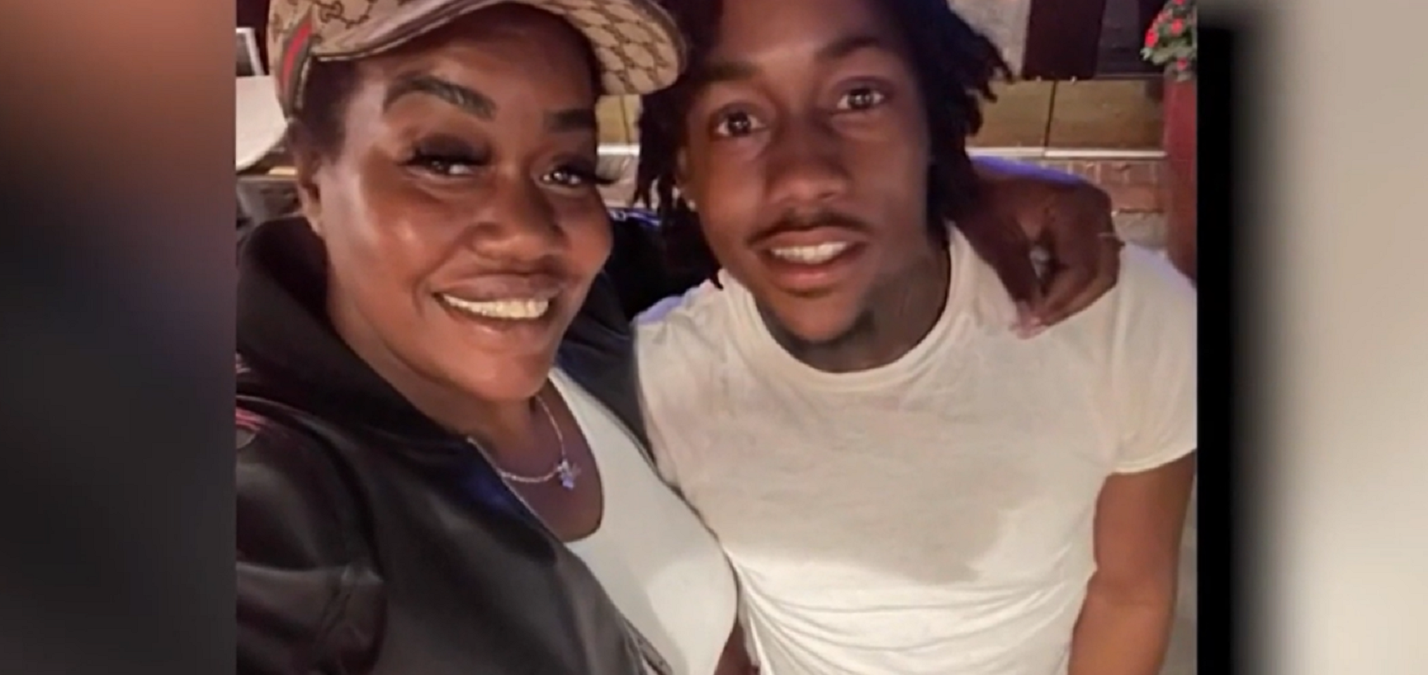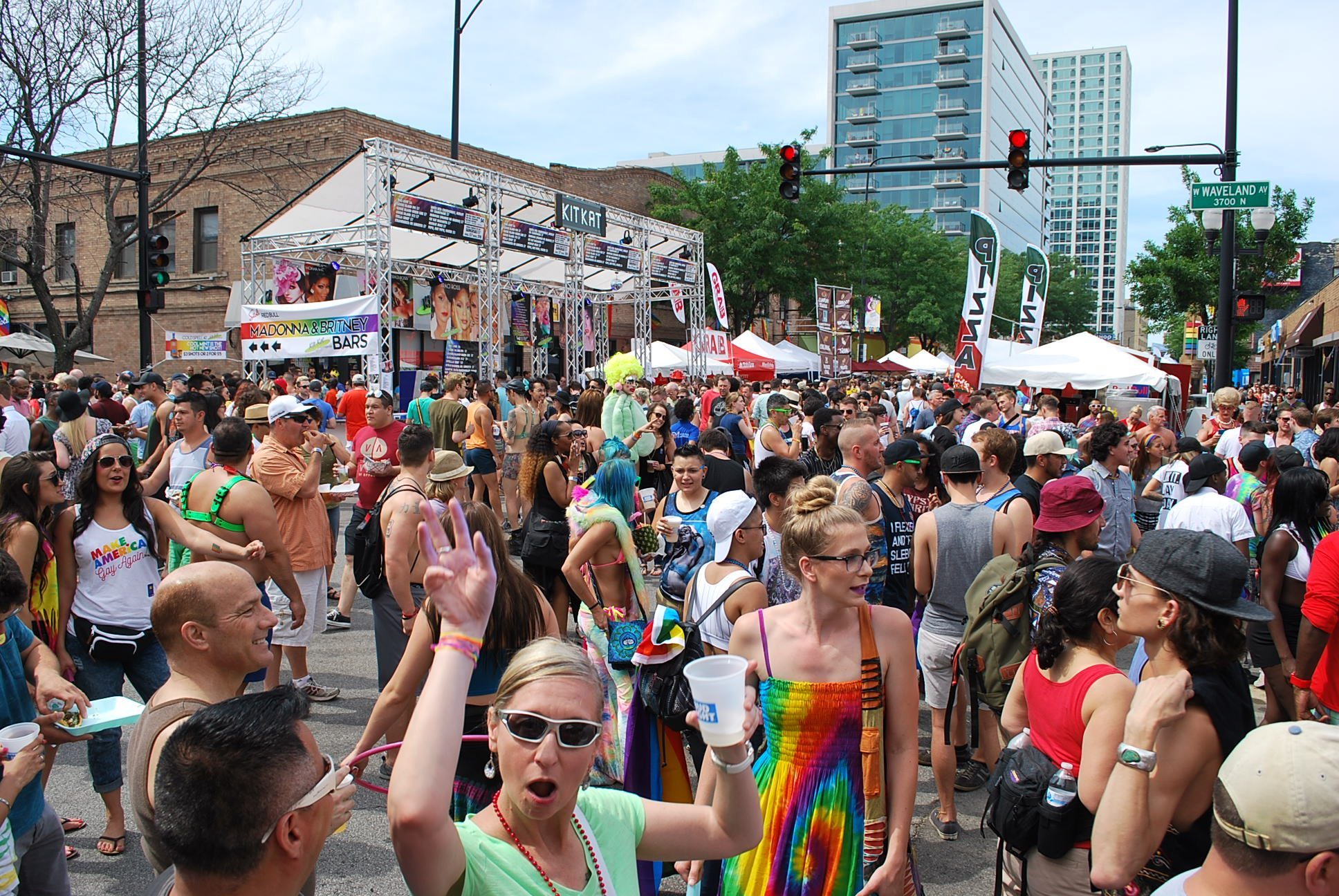Chicago's top public health official released new details about the city's coronavirus vaccine distribution plan Tuesday, including tentative dates for when each of the next phases might begin and who will be prioritized within each group.
Chicago is currently preparing to enter Phase 1B of its vaccination plan along with the rest of Illinois Monday, opening up doses for frontline workers and those over the age of 65.
But within that group, certain populations will be prioritized, Chicago Department of Public Health Commissioner Dr. Allison Arwady said.
Arwady announced in a livestream Tuesday that the city will tentatively look to enter the next phase, Phase 1C, on March 29, followed by Phase 2 on May 31.
"I want to be very clear that any dates we provide are purely speculative based on how much vaccine we get," Arwady said. "Right now here in Chicago we're getting 34,000 approximately first doses… per week and that is not even enough to be able to vaccinate 5% of the people who are going to be eligible in Phase 1B."
Phase 1B will center on residents age 65 years and older and "frontline essential workers," including first responders, education workers like teachers and support staff, childcare workers, grocery store employees, postal service workers, and more.
"So right from the beginning I want people to hear that even as the phase opens up, most people will not be able to get vaccine right away that first week, even that second week, etc.," Arwady said, adding that she hopes to get most people in Phase 1B vaccinated through February and March.
Local
While many people will be eligible to receive the vaccine in Phase 1B, some will receive the vaccine through employers or health care providers and others will receive them through the city.
For those receiving the vaccine through the city, there will be prioritization for those with the highest risk and to help "lower barriers," Arwady said.
"The way this will broadly roll out is that over the months of February and March, anybody who is in either 65 or these frontline essential workers is eligible for vaccine," Arwady said. "And so for example, if I am a grocery store worker or I am a teacher or I work in public transit, and I have an appointment with my doctor, for example, my doctor absolutely can give me vaccine at any point after Jan. 25, but we will also be working to bring vaccine to employers, to partner with employers to lower the barriers for these groups to get vaccine."
At the start of Phase 1B, the city plans to direct vaccine to correctional facilities and first responders.
"This has already been in the works because we've been vaccinating health care workers in those settings, whether those are the emergency medical service people on the ambulances, whether those are the people in the correctional settings who do health care," Arwady said. "So, the plans are in place and additionally more workers will come online. These are the settings where we've seen the most COVID cases, the most outbreaks. Every case that we prevent in these settings indirectly prevents many other cases, gets us past COVID, lowers the risk when people are going back to communities, really essential to be getting those workers vaccinated."
In February, depending on vaccine availability, the city will then shift to making vaccines available to employers of grocery store workers and manufacturing and factory settings.
"These are places where we've seen larger outbreaks," Arwady said. "More people, again, who work in Chicago's hardest hit communities. Pushing vaccine here has that multiplier effect in terms of preventing additional cases bringing down COVID case rates in Chicago that lets us more quickly bring COVID under control as the city reopens."
After that, later in February, the plans to direct vaccine to employers of daycare workers and educators.
"K through 12, early childhood educators, private parochial public - doesn't matter. All educators are going to be prioritized with planning a little bit later in February," Arwady said. "And that is well underway right now."
Arwady said it will take weeks to get each group vaccinated.
Heading into March, again depending on vaccine availability, vaccines expand to employers of public transit workers, agriculture workers, government workers, postal workers and more.
Then comes Phase 1C, possibly at the end of March.
Phase 1C includes all essential workers not covered in earlier phases, as well as Chicagoans between the ages of 16 and 64 who have underlying medical conditions, Arwady said.
Following that, will be Phase 2, which is essentially all Chicagoans age 16 and older.
"Looking ahead to Phase 2, which is really when a vaccine is available to all Chicagoans, we're tentatively saying that might begin May 31, the end of May. All of these numbers for Phase 1C and Phase 2 is subject to change but just to give people a high level sense of what we're thinking," Arwady said.
Earlier this week, health care providers were allowed to begin offering any "leftover doses" of coronavirus vaccines to people over the age of 65 who live or work in Chicago in what was described as a modified phase of the city's vaccination plan.
Officials also announced last week that the city would be opening six more Points of Dispensing (PODs) vaccination sites but noted that those sites will continue to focus only on Phase 1A health care workers, by appointment only.
Arwady noted that those who qualify for vaccinations in this modified phase do not have to register anywhere and that health care providers will be the ones primarily administering the vaccines.
"I don't want to give people the impression that they can sign up for an appointment just yet," Arwady said, but added that that option would be available "very soon."
Chicago officials say the best way to get updates on the vaccination rollout is through "Chi COVID Coach," a platform the Chicago Department of Public Health is using to monitor symptoms, giving information on testing in the city and help you get the latest details on the city's vaccination plan - including notification when you can register to get your vaccine.



